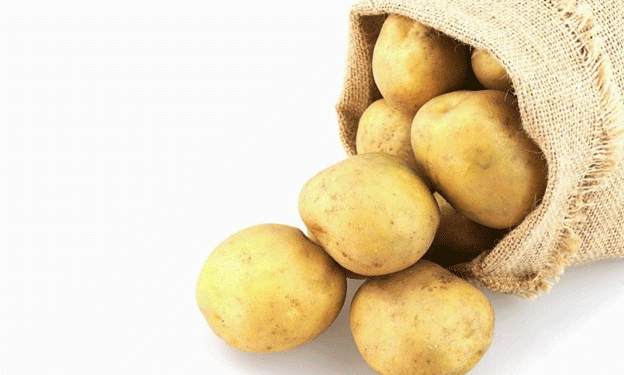Following a year marked by severe potato seed shortages, the agricultural sector cautiously moves toward stability. Seed companies are actively developing new-generation potato varieties with enhanced resistance to diseases and adaptability to fluctuating climate conditions.
The year 2024 witnessed significant challenges in potato seed availability due to adverse climatic events. Major potato-producing countries faced an irregular rainfall pattern—initially experiencing severe drought conditions, followed by excessive rains during crucial growth phases. This imbalance resulted in disproportionate sizing of potato tubers, predominantly large and unsuitable for planting, thereby creating considerable challenges for timely seed availability for farmers.
This year has brought modest relief. Notably, in the Netherlands, favorable rainfall has improved the production of smaller-sized tubers, better suited for seed use. Despite this improvement, concerns persist as acreage traditionally dedicated to seed production continues to diminish in favor of industrial potato varieties, driven by strong market demand for processed products.
Simultaneously, pest and disease pressures are intensifying, necessitating robust genetic improvements. In response, seed companies have escalated investments in advanced breeding programs, creating so-called “next-generation potato varieties.” These new varieties promise superior disease resistance, improved pest management, and enhanced adaptability to erratic weather patterns, all essential for maintaining stable yields and reducing reliance on chemical treatments.
Recent studies support these innovations, demonstrating that genetically improved potato varieties can substantially mitigate yield losses caused by common diseases such as late blight and potato cyst nematodes. Additionally, they present greater resilience to stress conditions associated with climate change, including drought and excessive rainfall.
As climate volatility and seed scarcity increasingly challenge potato production, the development and adoption of next-generation potato varieties represent essential strategies for ensuring the crop’s future sustainability. Farmers and seed producers must collaborate closely, embracing these innovations to safeguard productivity and profitability.







